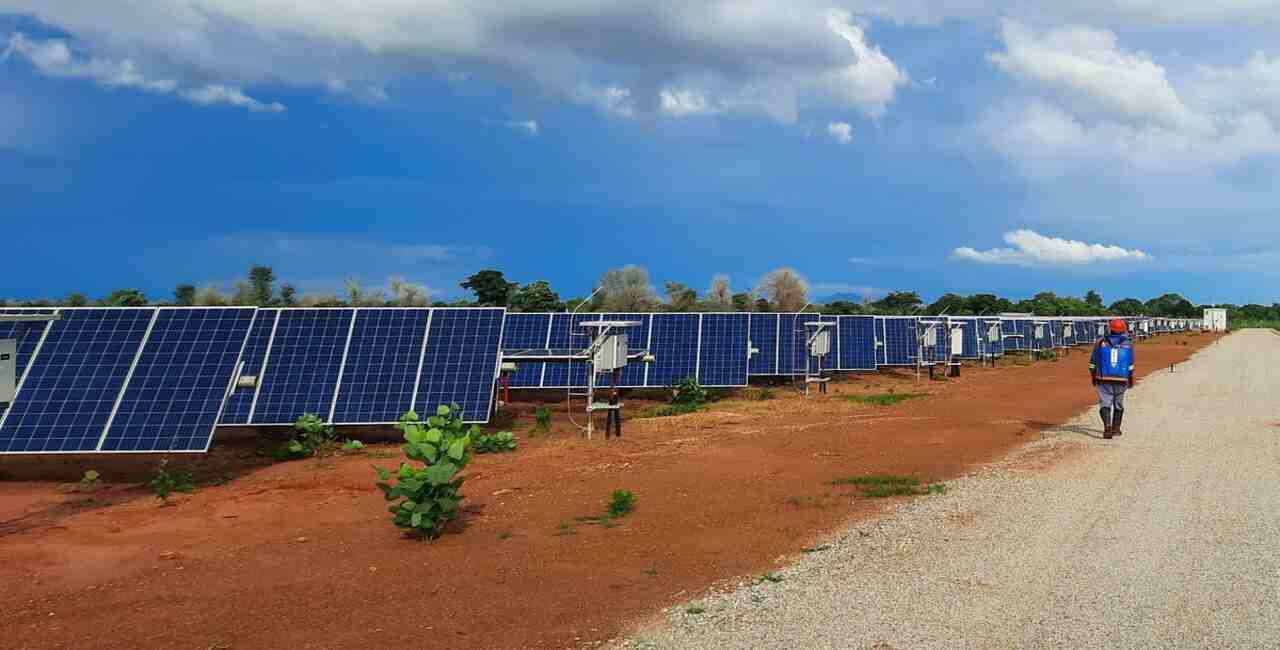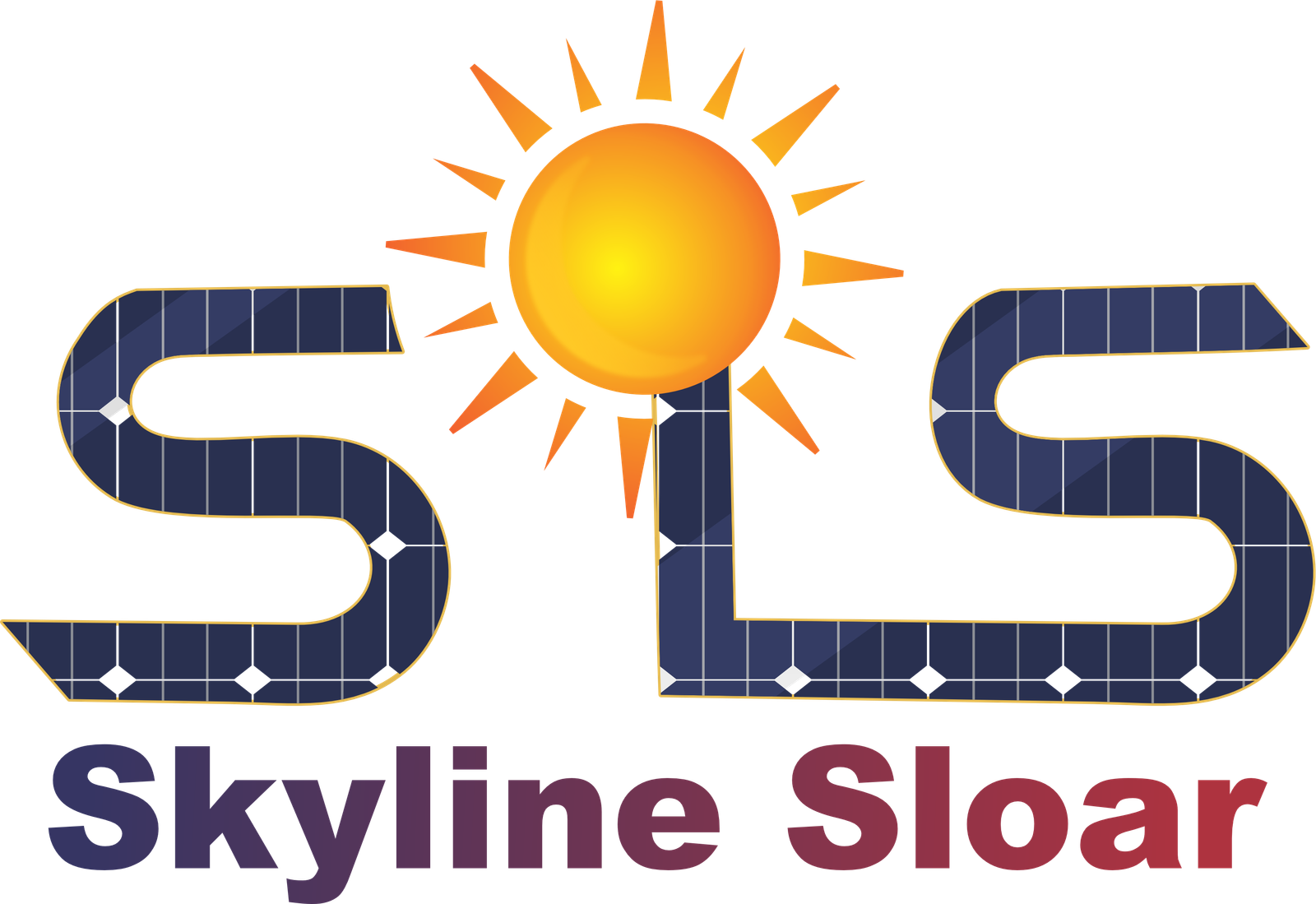Let’s say you’re in a disaster-prone area where power outages are common during emergencies. One big pain point is relying on traditional power sources that can fail when you need them most. Using solar energy can provide a reliable backup power source, helping you stay connected and safe during disasters.
Solar ovans and water systems
Solar panels are like magic sunlight catchers. They soak up sunlight and turn it into electricity that powers things like homes, schools, and hospitals. So, when the sun shines bright, these panels work hard, giving us energy without polluting the air.
Portable solar generators
Portable solar generators are like handy sun-powered batteries. They soak up sunlight during the day, storing it as electricity. When you need power on the go, like during camping trips or emergencies, these generators come to the rescue, giving you electricity without needing fuel or outlets. Just set them up in the sun, and you’re good to go
Going off grid for disaster preparation
Going off-grid with solar panels means being self-sufficient in emergencies. They capture sunlight to power your essentials like lights and phones, ensuring you’re prepared even if the power grid goes down.
Reliable Power Supply
Solar energy systems provide a reliable source of electricity when conventional power sources fail. Solar panels absorb sunlight and convert it into electricity, which can be stored in batteries for use during periods of low sunlight or at night. This capability ensures a continuous power supply for critical infrastructure such as hospitals, emergency shelters, and communication networks, even in the aftermath of severe storms or earthquakes.
Empowering Communities
Solar energy not only provides a practical solution for disaster preparedness but also empowers communities to take control of their energy needs. Through initiatives such as community solar projects and microgrid systems, neighborhoods can establish self-sustaining energy networks that enhance resilience and foster collaboration among residents

FAQS
How does solar energy aid in disaster preparedness?
Solar energy provides reliable power during emergencies, ensuring essential services like communication and lighting remain operational.
What types of solar-powered devices are beneficial?
Portable solar panels, solar lanterns, and solar-powered chargers offer versatile solutions for emergency power needs.
Are solar energy systems resilient during disasters?
Yes, they’re highly resilient, with panels able to withstand severe weather, and battery storage providing backup power when sunlight is limited.
Can solar energy integrate with existing preparedness plans?
Absolutely, it enhances resilience and reduces reliance on finite fuel sources in both individual and community emergency plans.
Why choose solar energy over other backup power sources?
Solar energy is sustainable, reliable, and cost-effective, producing no emissions and requiring minimal maintenance once installed.
Conclusion
In conclusion, integrating solar energy into disaster preparedness plans offers a sustainable, resilient, and cost-effective solution to ensure essential power needs are met during emergencies, enhancing overall community resilience.






